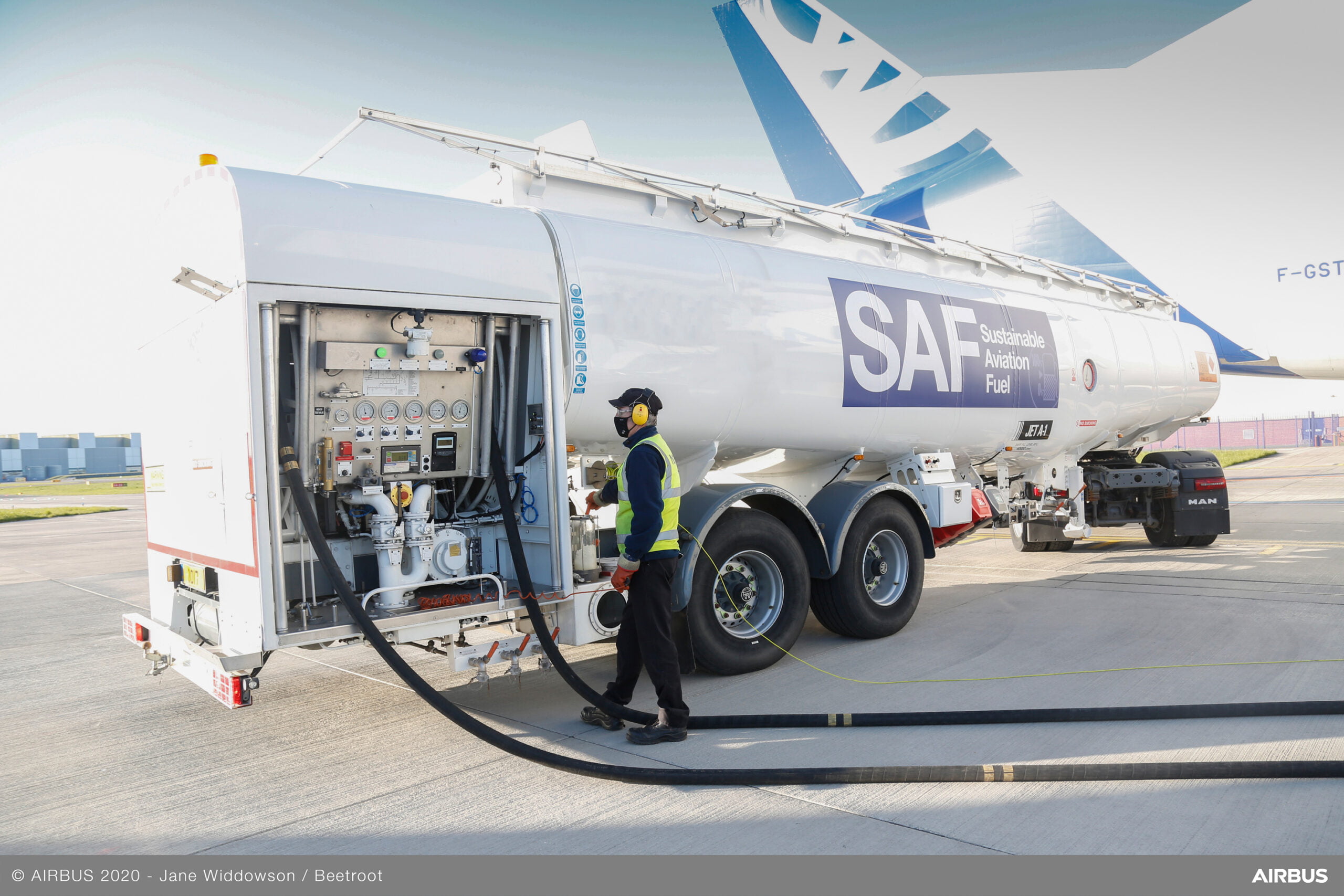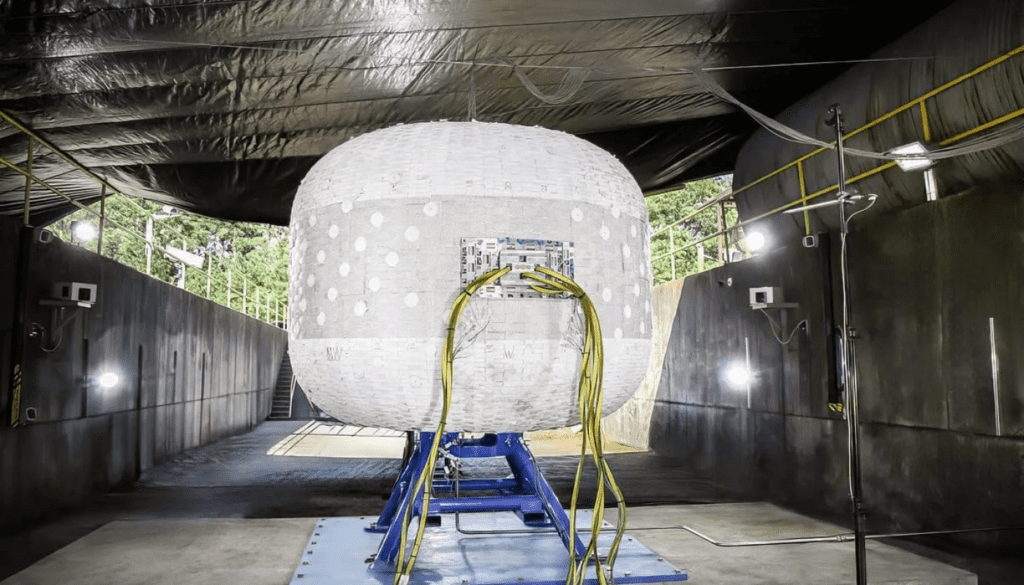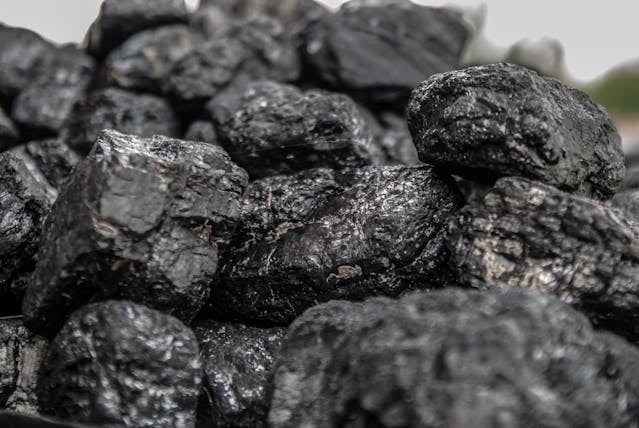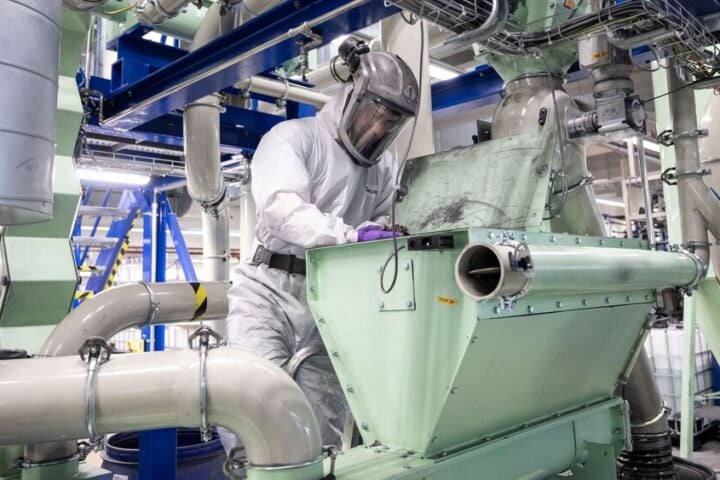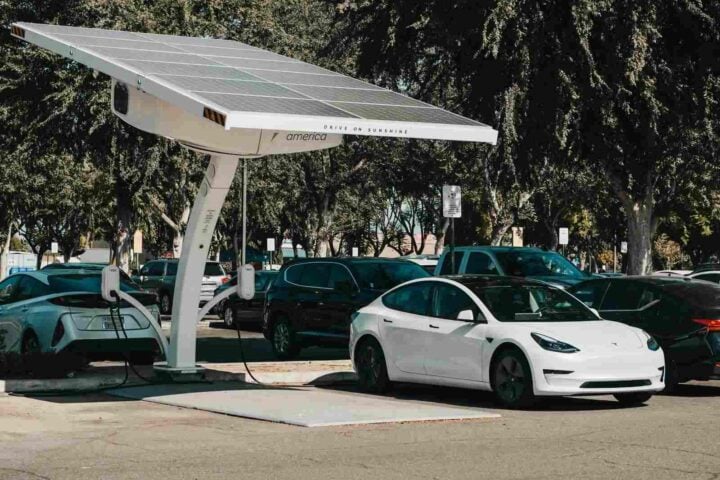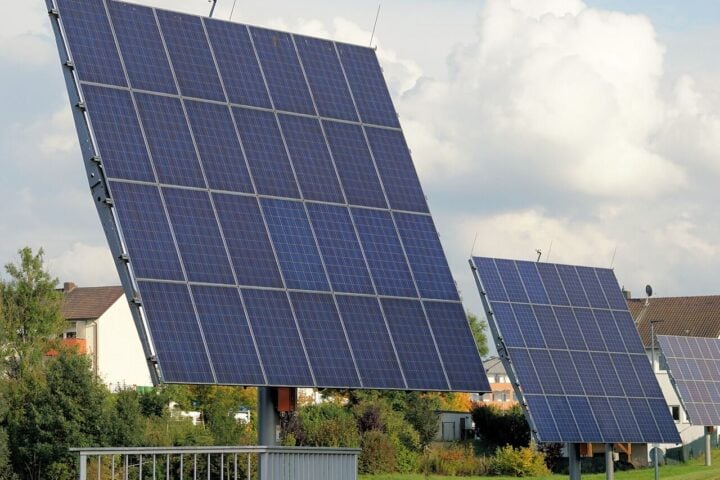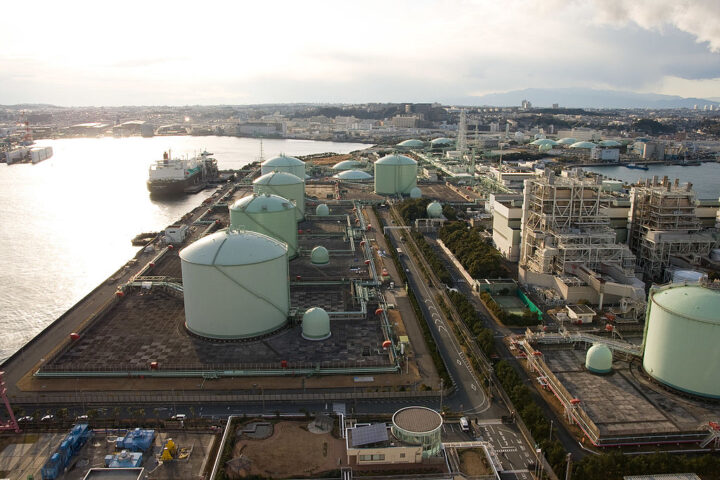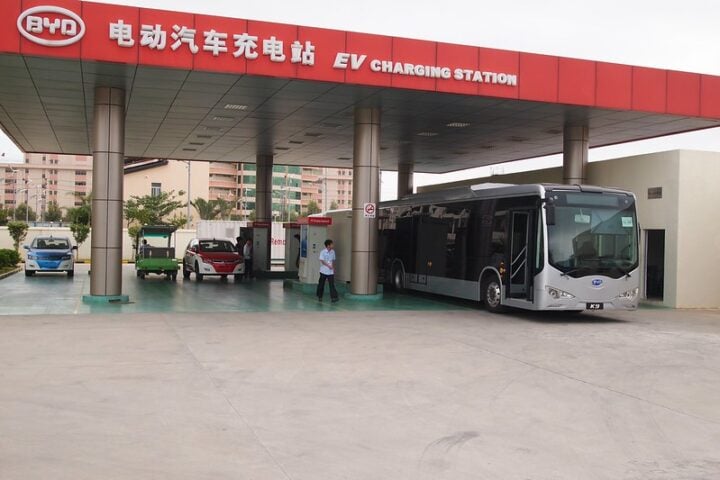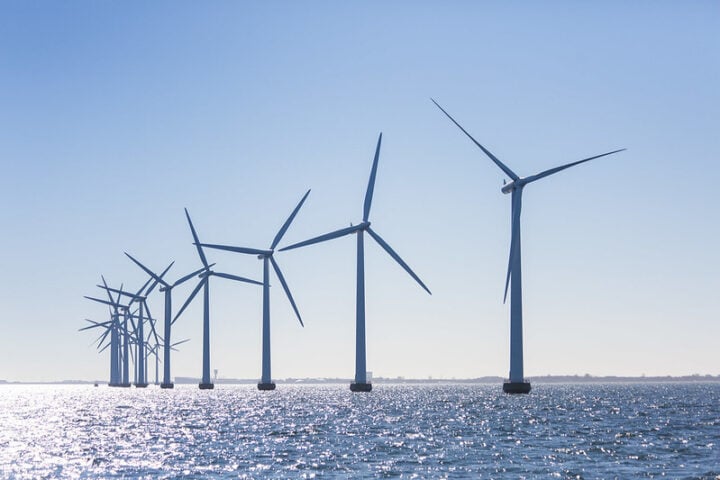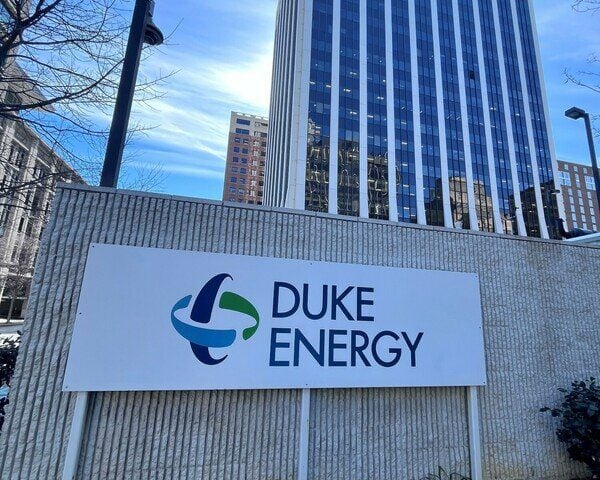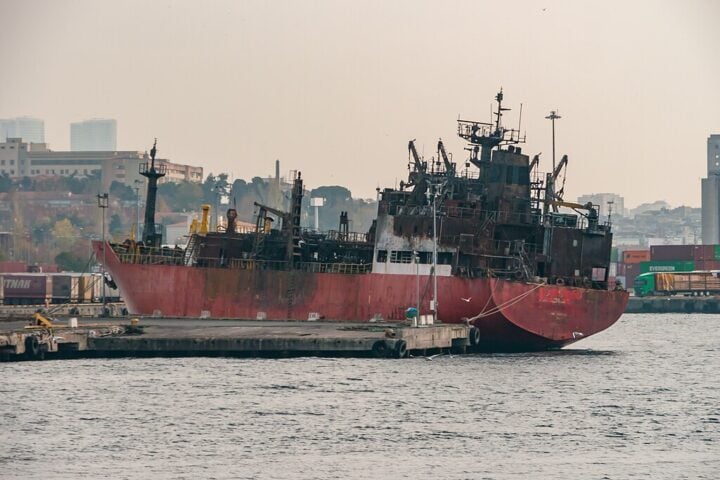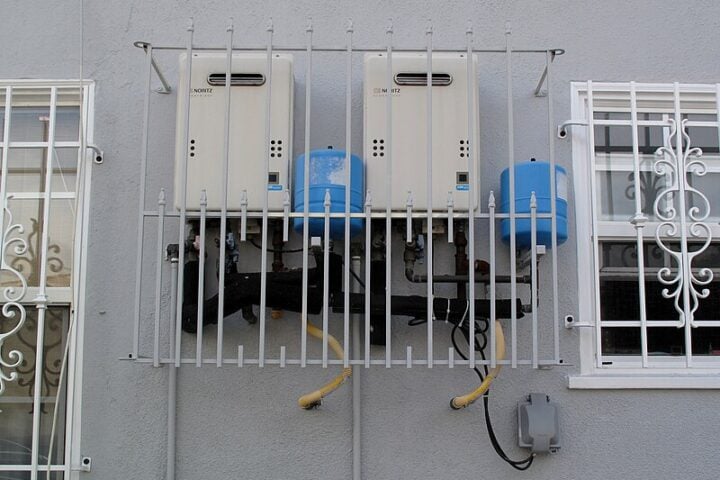In a world increasingly conscious of its ecological footprint, the collaboration between Airbus and DG Fuels, announced on September 12, 2023, signifies a noteworthy advancement in the pursuit of sustainable aviation. This partnership, rooted in innovation and a shared vision for a greener future, is set to explore uncharted territories in the production of Sustainable Aviation Fuel (SAF).
Guillaume Faury, Airbus CEO, emphasized the significance of SAF, stating, “Sustainable aviation fuels play a crucial role in enabling aviation’s decarbonisation roadmap. We are committed to supporting all efforts that contribute to making them available at scale around the globe.” The alliance with DG Fuels opens the door to a novel technological pathway, focusing on the utilization of a diverse spectrum of waste and residue sources, initially in the U.S., with aspirations for global expansion.
DG Fuels stands out with its groundbreaking approach to fuel production, leveraging cellulosic waste products, such as logging industry wood waste, and tapping into renewable energy sources like wind and solar power. The company’s vision includes a plant with an initial average production capacity of 120 million US gallons of SAF per year, aiming to curtail approximately 1.5 million tonnes of CO2 emissions annually from 2026.
Expressing his enthusiasm, Michael Darcy, Chairman and CEO at DG Fuels, remarked, “The DGF team is excited to have finalized this SAF partnership with Airbus, and we look forward to working together to accelerate the initial SAF facility in Louisiana and the subsequent scale-up at various locations in the United States and beyond.”
This collaboration aligns seamlessly with the objectives of the U.S. government-sponsored SAF Grand Challenge, a national initiative with ambitious goals to enhance domestic SAF production, target a 50% reduction in lifecycle greenhouse gas emissions by 2030, and meet 100% of projected aviation fuel consumption by 2050.
Similar Posts
DG Fuels is pioneering a synthetic fuel system characterized by low-CO2 life cycle emissions and high carbon conversion technology, targeting a remarkable 97% efficiency. The uniqueness of DG Fuels’ technology lies in its compatibility with existing engines and infrastructure, eliminating the need for new developments. The technology produces hydrogen through water electrolysis and biomass-derived carbon replacement fuel, offering a versatile solution for aircraft, locomotives, vessels, and trucks.
Since 2008, Airbus has been a proactive advocate for SAF, contributing significantly to certification processes, demonstration flights, partnerships, and policy advocacy. The company’s commitment to SAF is evident in its operations, logistics, and the capability of its fleet to operate with up to a 50% blend of SAF, aiming for 100% by 2030.
The synergy between Airbus and DG Fuels is not merely technological; it’s a convergence of aspirations for ecological balance in aviation. The partnership is poised to support DG Fuels in its equity process and reaching a final investment decision on building its first SAF plant in the United States by early 2024.
While the venture is promising, it also invites contemplation on the scalability, economic viability, and long-term impact of SAF. The industry and eco-conscious observers alike will be closely monitoring the progress, as the fruition of this initiative holds the potential to reshape the landscape of sustainable aviation and make significant strides in global decarbonization efforts.
